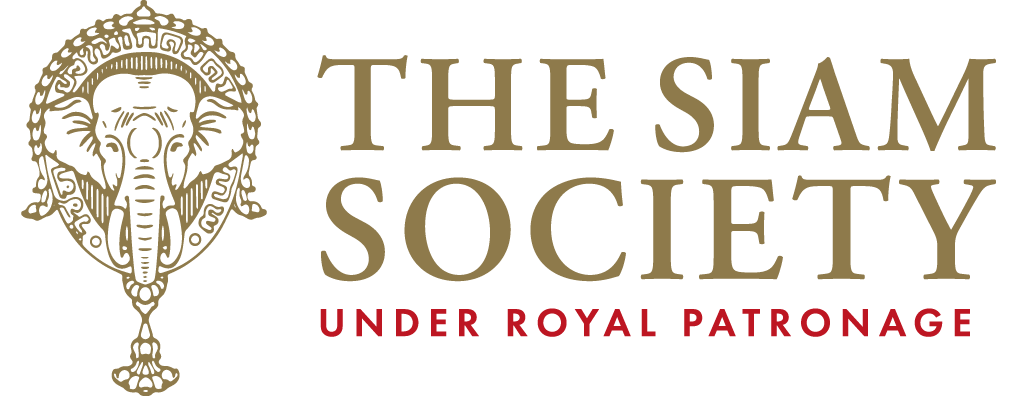Ancient climates and the rise and fall of empires, with particular reference to water-management strategies of ancient Southeast Asian civilisations
About this lecture
For millennia, climate change has been the Earth’s pulse. When early humans started roaming our planet, they faced climatic challenges in the shape of icecaps expanding into what were once hospitable regions. At other times, droughts and weather extremes followed optimum temperatures, driving migrations and triggering famine and starvation. The geological record reveals that climatic crises respond to cyclical cosmic fluctuations which drive a complex and dynamic interplay involving the atmosphere, the oceans and the Earth. Humans exert a modest influence in this planetary game and have no better strategy but to adapt and learn from the past on how to succeed in a constantly-changing world. The study of historical climates offers a clue to understanding how past civilisations reacted to climatic crises, coping with changes or falling into oblivion. This lecture will illustrate examples of hydraulic civilisations of Southeast Asia (the Khmer, the Pyu of ancient Burma and the Arakanese of the Mrauk-U) that made water management their strategy for social and economic success during periods of climatic downturns. An analysis of past events will offer insights into our current challenges, beset by impending climatic crises of unpredictable and unprecedented consequences.
About the speaker
Professor Massimo Sarti is a geologist whose research work focused on past Earth climates by studying sediments and rocks on land and in the oceans. He began his academic career at the University of Ferrara (Italy), then Oxford and the Scripps Institution of Oceanography (USA). He has been a member of scientific expeditions on drill-ships across the world’s oceans and Antarctica, to understand through proxies contained in rocks and sediments the unfolding of ancient Earth climates. His interest in historic climate variability relates to impacts on life and societies. For over two decades, Professor Massimo was Full Professor at the Polytechnic University of Marche (Italy), lecturing on geological and climatic risk analysis and consulting for UNESCO and FAO (Food and Agriculture Organization) in Southeast Asia and Sub-Saharan Africa.
When
Where
Admission
Members and Students — Free of charge
Non-Members — THB 200
For more information, please contact
Tel. 02-661-6470-3 ext. 203
Or email to pinthip@thesiamsociety.org
More upcoming lectures
-
 The Bodhisattva and the Hoard: Investigating the Prakhon Chai PuzzleLecturesThursday, 19 February 2026 at 19:00
The Bodhisattva and the Hoard: Investigating the Prakhon Chai PuzzleLecturesThursday, 19 February 2026 at 19:00 -
 Victory to Ashes: War’s Lessons from the MahābhārataLecturesThursday, 5 March 2026 at 19:00 (Bangkok Time)
Victory to Ashes: War’s Lessons from the MahābhārataLecturesThursday, 5 March 2026 at 19:00 (Bangkok Time)
